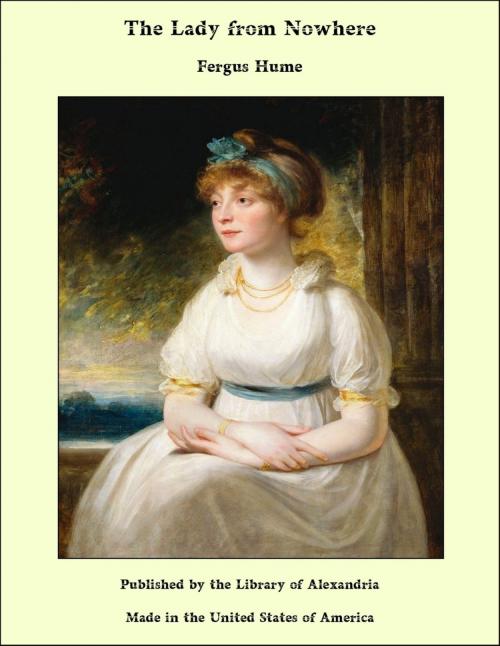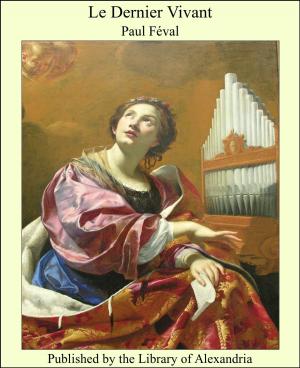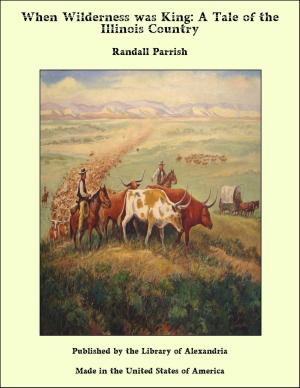| Author: | Fergus Hume | ISBN: | 9781465617958 |
| Publisher: | Library of Alexandria | Publication: | March 8, 2015 |
| Imprint: | Language: | English |
| Author: | Fergus Hume |
| ISBN: | 9781465617958 |
| Publisher: | Library of Alexandria |
| Publication: | March 8, 2015 |
| Imprint: | |
| Language: | English |
On the night of July 24th, in the year 1896, between the hours of eleven and twelve, Grangebury, a little-known suburb of London, was wrapped in slumber, as became a respectable neighbourhood whose inhabitants retired regularly shortly after sunset. Not that they had done so on this particular night, for the unusual excitement of a lecture on Dickens, delivered in the tiny Town Hall, had kept them from their beds later than was customary. At a quarter to eleven, a stream of instructed pleasure-seekers, discussing lecture and lecturer, filled the narrow streets; but gradually the crowd diminished until highways and byways were left deserted, save by watchful policemen and vagrant cats. The lamps were then extinguished by order of an economical municipality, the few lights still twinkling from the upper windows of various houses disappeared, and the little town lay under moon and stars as silent and almost as lonely as the spell-bound cities in eastern fables. Every now and then the footsteps of policemen making their rounds, could be heard echoing along the streets, and sometimes an official lantern would be flashed into dark corners to search out possible burglars or homeless beggars. But no thieves or vagabonds could be discovered; for, on the whole, Grangebury, being a comparatively new suburb, was free from such criminal pests, and the police force there, under the command of Mr. Inspector Lackland had a very easy time. There was nothing on this night to indicate any ending to this Arcadian Age of security and innocence; yet, shortly after eleven o'clock a yawning policeman, leaning against a convenient wall, heard a word cried aloud which told him of crime and danger. The word was "Murder!"
On the night of July 24th, in the year 1896, between the hours of eleven and twelve, Grangebury, a little-known suburb of London, was wrapped in slumber, as became a respectable neighbourhood whose inhabitants retired regularly shortly after sunset. Not that they had done so on this particular night, for the unusual excitement of a lecture on Dickens, delivered in the tiny Town Hall, had kept them from their beds later than was customary. At a quarter to eleven, a stream of instructed pleasure-seekers, discussing lecture and lecturer, filled the narrow streets; but gradually the crowd diminished until highways and byways were left deserted, save by watchful policemen and vagrant cats. The lamps were then extinguished by order of an economical municipality, the few lights still twinkling from the upper windows of various houses disappeared, and the little town lay under moon and stars as silent and almost as lonely as the spell-bound cities in eastern fables. Every now and then the footsteps of policemen making their rounds, could be heard echoing along the streets, and sometimes an official lantern would be flashed into dark corners to search out possible burglars or homeless beggars. But no thieves or vagabonds could be discovered; for, on the whole, Grangebury, being a comparatively new suburb, was free from such criminal pests, and the police force there, under the command of Mr. Inspector Lackland had a very easy time. There was nothing on this night to indicate any ending to this Arcadian Age of security and innocence; yet, shortly after eleven o'clock a yawning policeman, leaning against a convenient wall, heard a word cried aloud which told him of crime and danger. The word was "Murder!"















